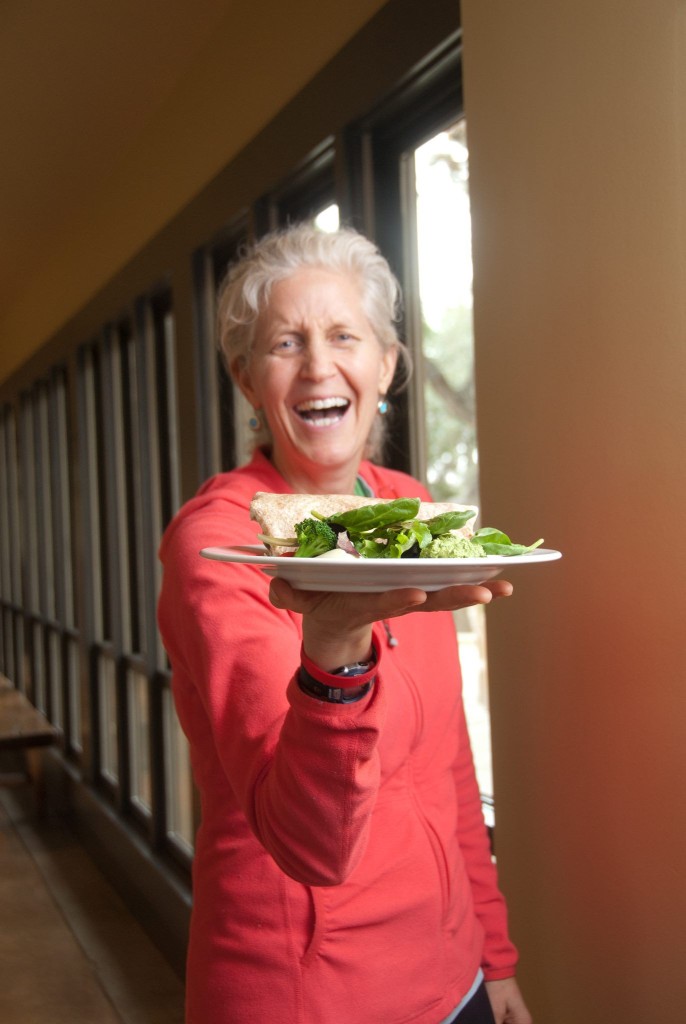
I sat down with Jane Esselstyn the other day to discuss her conference, Prevent and Reverse Heart Disease For Women , taking place Saturday, March 12, 2016 in Cleveland, OH.
Jane is a vivacious, easy to talk to woman, who shares my passion for plant-based foods and their ability to prevent and reverse disease. Jane, a registered nurse, recently was a part of a pediatric study on obesity and high cholesterol, where she taught nutrition and plant-based cooking to the adolescents in the plant-based half of the study. The study, conducted by the Cleveland Clinic, found amazing results, and was published in the Journal of Pediatrics, February 2015.
It was Jane’s father, Dr. Caldwell B. Esselstyn Jr.’s book, Prevent and Reverse Heart Disease, which lead me to meet Jane, and I’m so glad I did! Jane and her mother, Ann Crile Esselstyn, who share more energy together than an exploding rocket, co-authored The Prevent and Reverse Heart Disease Cookbook: Over 125 Delicious, Life-Changing, Plant-Based Recipes.
When I called Jane, she was eating a pile of Brussels sprouts, beets, sweet potatoes, and kale when we sat down for our interview. I had just finished eating a bowl of minestrone soup and a large salad. Together, I’m sure we had green stuff in our teeth (good thing the following conversation took place over the phone)!
Me: You’ve created a conference geared towards Women’s Heart Health. Why do you feel education on plant-based living is such a vital topic in the prevention and reversal of heart disease?
Jane: Women “take care of the village” and “make the weather.” Women still make most of the decisions surrounding food. Oftentimes women say, “My kids won’t eat this, my husband won’t eat that”. Women play a huge role in this. It’s most likely the woman in the household that is making the food; and it’s this food that can cause disease or promote wellness.
It’s also important to note that women are said to have different symptoms for heart attacks, or “atypical symptoms”, which really just means they’re different symptoms than men’s symptoms. When it comes to heart disease, women are under-diagnosed, and under-researched. Women often feel weak, or present flu-like symptoms. Some may have a heart attack, but have no symptoms at all. It must be hard for anyone that has to suffered from a heart attack or any other form of heart disease. No one asks to live a life where they are in fear of this happening again or a life where they are not capable of leading an independent life, due to the result of a heart attack. No wonder why people look into sites like https://www.moneyexpert.com/life-insurance/, when they want to find out more surrounding the idea of life insurance. If you are unaware of the symptoms of a heart attack and it unfortunately happens to you, you want to make sure you are protected from any eventualities. For some patients, they do not pull through, so this can affect their families too.
The Prevent and Reverse Heart Disease for Women workshop we’re doing is important because women are often the caregivers and caretakers, for their families and loved ones, putting their own health concerns secondary and tertiary to others. To be honest with you, this conference is to empower women.
Me: How do plants play a role in heart health, or more specifically, women’s heart health?
Jane: Plant-based diets have been shown in many studies, including the study we conducted with the Cleveland Clinic on childhood obesity and high cholesterol published last February in the Journal of Pediatrics, to lower LDL, blood pressure, BMI, overall body weight, help decrease diabetes and pre-diabetes, all of which lowers incidence of heart disease. Plant-based foods can prevent and reverse heart disease that is already established. No meat, no diary, no added oils in your diet turns around this disease state.
Me: Jane, as a working mother, what are the best tips you can give to others who are trying to make a switch to plant-based living? Specifically, how does one find ways to reduce time in food prep?
Jane: People need to know that they’re not “switching” their diet completely. I’m talking about going from white rice to brown rice, white pasta to whole-wheat pasta. Giving up dairy is easy, especially since many people are protected by their allergy or intolerance to dairy.
There are many milk-alternatives available now in stores like almond and oat milks. Why do you want to give your kids a cup of cancer? Meat has now been declared by the WHO (World Health Organization) to cause cancer! My suggestions are to do this based on what kind of person you are. You can transition slowly or jump in head- first. Cantaloupe, watermelon-buy it AND slice it, otherwise no one eats it. Some kids like beans whole, some like them mashed. Some like soft or crispy tacos. Make little accommodations based on the taste and texture preferences of your family.
Batch cooking is HUGE! While you’re watching Downton Abbey-put 12 sweet potatoes in the oven, get the rice cooker going, make some beans. All you have left is to cut the fresh stuff. Even buy canned beans, and have them strained and ready to use. Make meals where you have pasta, sauce, and then add fresh veggies, and some beans. Nothing fancy. Done!
Me: My friends are all obsessed with carbs. What do you say to people who advocate for a diet low in carbohydrates?
Jane: Carbs, carbs, carbs-stop, stop, stop!!! I never use the word ‘carbs’. Carbs, in my mind are donuts, white flour, and white sugar, not the good stuff we eat-like beans, sweet potatoes, oatmeal, and whole grains. Eat whole food, complex carbohydrates and they will fill you. It’s the quality of carbohydrates that count. Whole intact grains, rich in nutrients are what you want to be eating, not white sugar and white flour- think of those foods as “food-imposters”.
Most of the world lives on rice, beans, whole-intact grains, veggies, and fruit, not processed, fried and sugared-foods like we do in America.
Me: The first question I was always asked at a well- visit with my kids was: “How much milk do they drink?” How do you deal with pediatricians who are not in support of plant-based living for children?
Jane: Our pediatrician is Dr. Michael Macknin. We have 3 kids, all whom are very healthy. I asked Dr. Macknin to take the question of “how much milk do my kids drink” off the list. He was open-minded and open-hearted enough to hear my request. He was familiar with research showing that countries with most bone fractures are also the ones who eat the most dairy. He went plant-based and hasn’t looked back. He is the lead physician for the study I did on obese children with high cholesterol. Had it not been for him, the study wouldn’t have been conceived of, conducted, or published. He presented the study at the Physicians Committee of Responsible Medicine (PCRM) last summer where it was well received. He would be the first to say his interest in a plant-based nutrition was brought to him by his patients. Not all pediatricians are this willing to raise awareness, but it is our job to try to educate them!
Me: Often at my workshops, I am approached by women who say “I want to eat this way, but my husband/children won’t eat these foods”. What suggestions do you have for moms with picky kiddos, or sometimes worse, picky husbands, trying to make the switch to plant-based foods?
Jane: Everyone’s family is different, how open a spouse is, how old the kids are, but be patient, and understanding. I find that meals where there are a lot of choices help. Pasta bar, taco bar, sweet potato bar, make your own pizza, etc. – create lots of choices. Present new things; incorporate berries, greens, beans, and lentils. Some people are quicker to adapt to change. Hang in there.
Believe in what you’re learning. Changing your diet is more powerful than any procedure or pill. Tell your family, “I really want to support you in good health, and you need to support me in helping you”. Make a deal, give and take. Try Meatless Mondays, or even a week with no meat, then, have a break. And if they’re not going to support you, then tell them to go make their own food. That usually gets them!
I want to thank Jane for her candor, her time, and most of all her passion for helping others lead a healthier life. We need more medical professionals who are interested in spreading the message of plant-based wellness and lifestyle changes, as opposed to prescription writing. I can’t wait to see what’s in store at Jane’s conference for women (and their hearts) on Saturday, March 12 in Cleveland. I hope you will join me. I promise, you’ll leave motivated and empowered!
Click the link to register for Prevent and Reverse Heart Disease for Women, and see the all-star speaker lineup!
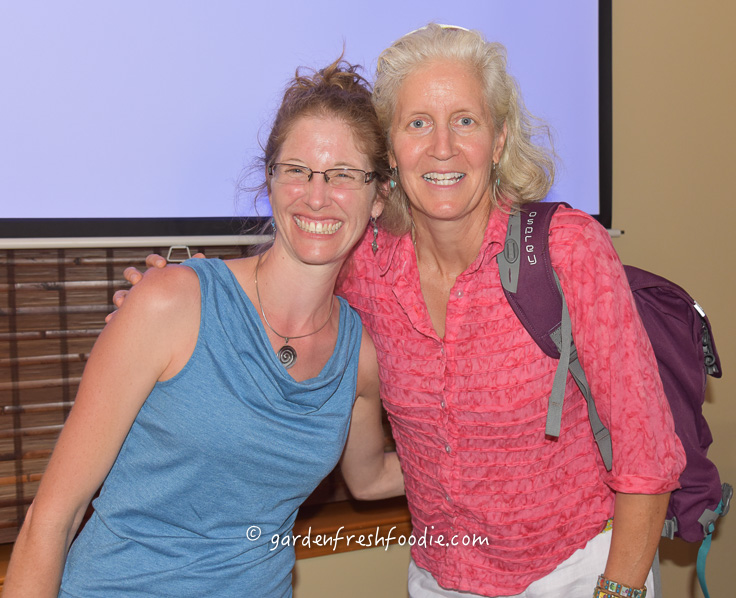
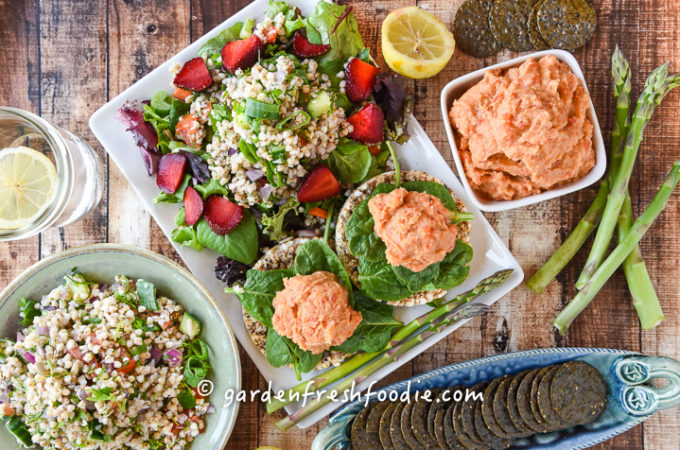
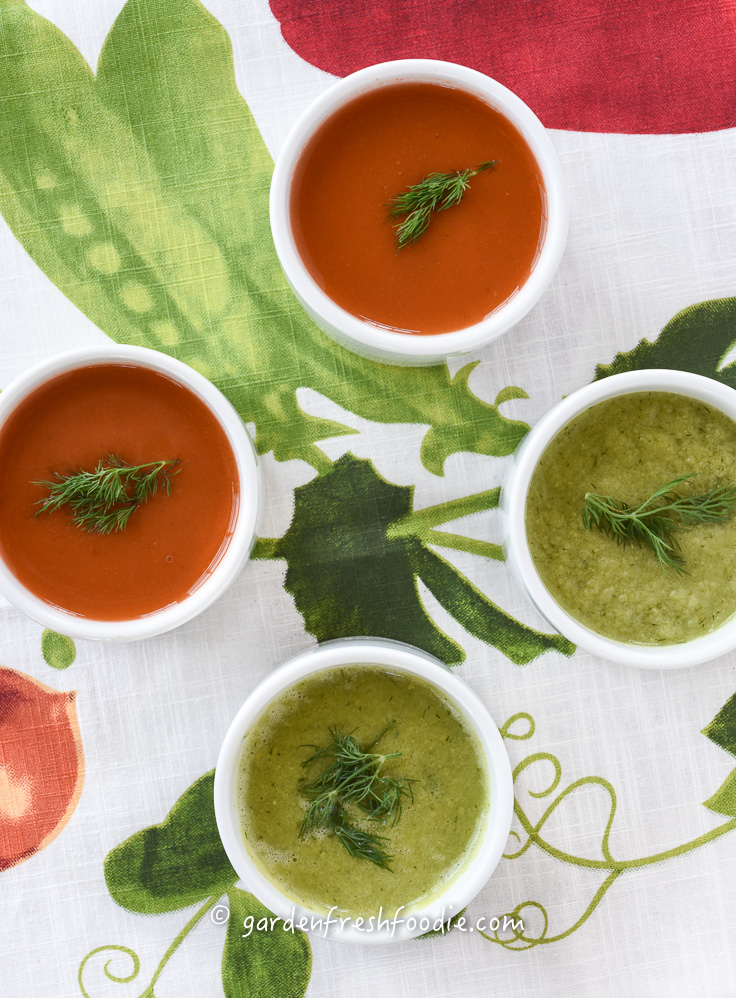
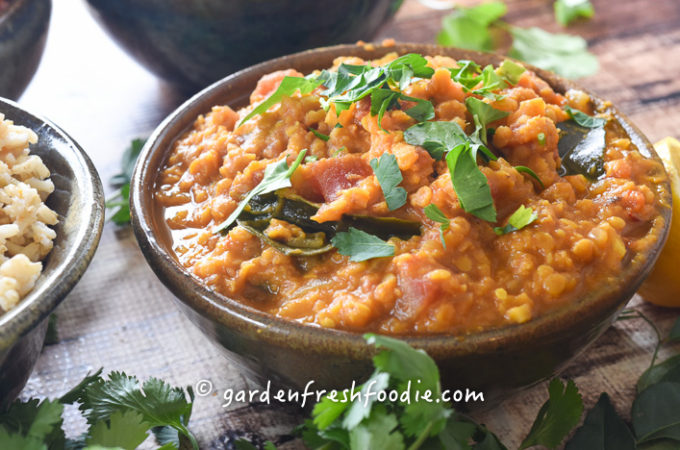
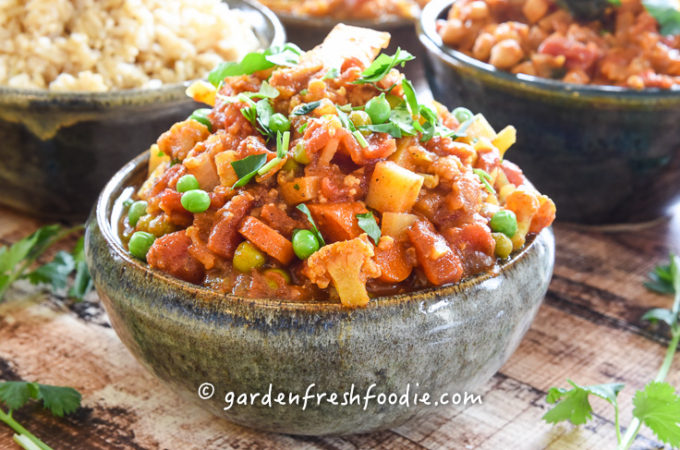
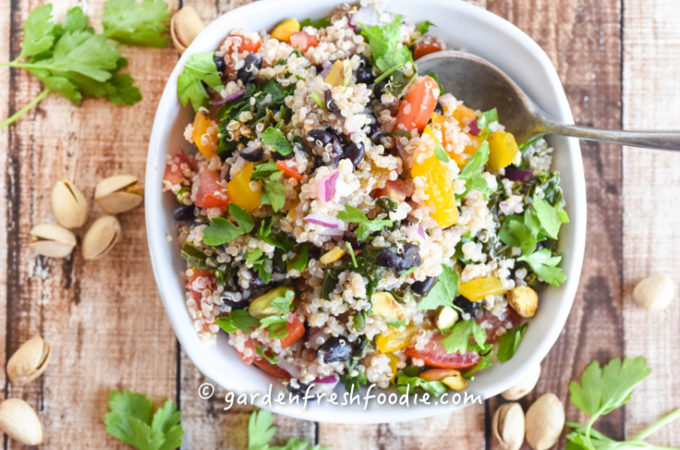
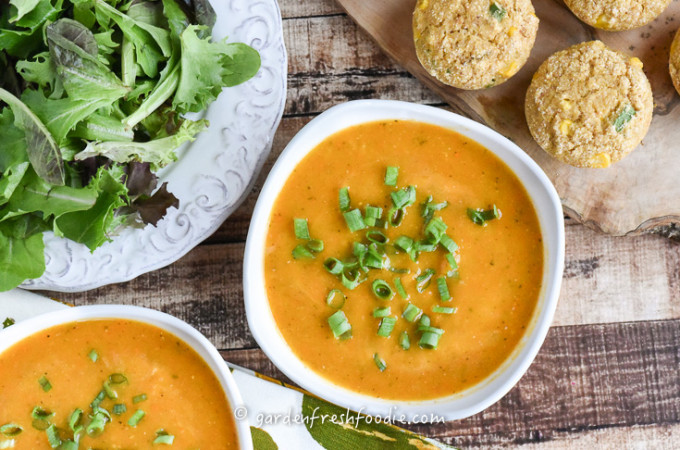
It annoys me so much when people associate all carbs as being “bad.” The oatmeal, brown rice, legumes, and veggies I eat are not in the same boat as white flour, sugar, processed foods, etc. Great interview!
Thanks so much Zandria! I totally agree!
great interview!
Thanks so much Michelle!